Get monthly commentary and sustainability insights
How We Invest
Mapping WHEB’s Impact
All products and services have an impact
Understanding impact is becoming a ‘third dimension’ of investment expertise alongside established disciplines in assessing investment risk and return. Our team of sustainability experts have developed bespoke tools used to analyse companies as part of our rigorous investment process.
The Impact Engine is an analytical tool that helps us evaluate the ‘intensity’ of the positive impact from products and services offered by companies. It provides an overall intensity rating for each company.
Fundamental Quality analysis is the second step in our process. This is used to assess the overall quality of a business, including how it manages critical environmental, social and governance (ESG) issues alongside the quality of the company’s business model and financial management.
Our interactive Impact Map provides a visual representation of the outcomes of this analysis, plotting the impact intensity on the x-axis and the fundamental quality on the y-axis.
Click on the ‘dots’ plotted on the map below to see the impact engine score and fundamental quality score for each of our portfolio companies. You can also toggle the view to see how business sectors generating negative impacts (businesses ‘at risk’) compare.
How we assess negative impacts
When we analyse companies, we think carefully about any potential negative impacts associated with their products and services as well as their operations. Our rigorous approach means that we only invest in companies where we’re clear on the overall positive impact of the business.
As a result, we’ve never invested in any company with activities significantly (>5% of revenues) involved in the production and sale of alcoholic beverages, cosmetics involving animal testing, gambling products/services, fossil-fuel exploration/production, intensive farming practices, nuclear power generation, pornographic materials, unsustainable timber products or weapons.
Furthermore, our strategy has no exposure to the following activities where a 0% revenue threshold applies:
- Companies involved in the production of tobacco-based products or alternatives;
- Companies involved in the development, production and maintenance of nuclear weapons;
- Companies involved in the development or production of biological and chemical weapons, depleted uranium ammunition/armour, anti-personnel mines or cluster munitions/ sub-munitions and their key components, in line with international regulations banning investment in these industries.
As far as we’re concerned, companies with significant activities have a negative impact and are therefore ineligible for WHEB’s investment universe.
Only 15% of listed companies meet our positive impact threshold criteria and are potential candidates for investment.
* At risk’ businesses have been assessed at the level of the sector and are included for illustrative purposes only.
Sustainable Development Goals
The UN Sustainable Development Goals (UN SDGs) were agreed by the world’s governments with the help and support of the United Nations in 2015.
The 17 goals set out aspirational and demanding targets for the world to achieve by 2030. This sends a powerful message to the investment community as to what the world’s governments consider as development priorities.
The SDGs are not used as an analysis framework within our investment process as our strategy predates them. However, we recognise that the SDGs are a useful framework for reporting. WHEB’s strategy addresses seven of the SDGs directly and the remaining 10 indirectly.
Please see our quarterly reports for details of portfolio alignment with the SDGs.
PENGANA CAPITAL LIMITED
ABN 30 103 800 568
AFSL 226566
Suite 1, Level 27, Governor Phillip Tower,
1 Farrer Place, Sydney, NSW, 2000
T: + 61 2 8524 9900
E: [email protected]
Pengana Capital Limited, ABN: 30 103 800 568 AFSL 226566 is the responsible entity and issuer of units in the Pengana WHEB Sustainable Impact Fund (ARSN 121 915 526) (the Fund). A product disclosure statement for the Fund (PDS) is available and can be obtained from our distribution team. A person should obtain a copy of the PDS and should consider the PDS carefully before deciding whether to acquire, or to continue to hold, or making any other decision in respect of, the units in the Fund. This report was prepared by Pengana Capital Limited and does not contain any investment recommendation or investment advice. This report has been prepared without taking account of any person’s objectives, financial situation or needs. Therefore, before acting on any information contained within this report a person should consider the appropriateness of the information, having regard to their objectives, financial situation and needs. Neither Pengana Capital Limited nor its related entities, directors or officers guarantees the performance of, or the repayment of capital or income invested in, the Fund. Past performance is not a reliable indicator of future performance, the value of investments can go up and down.

